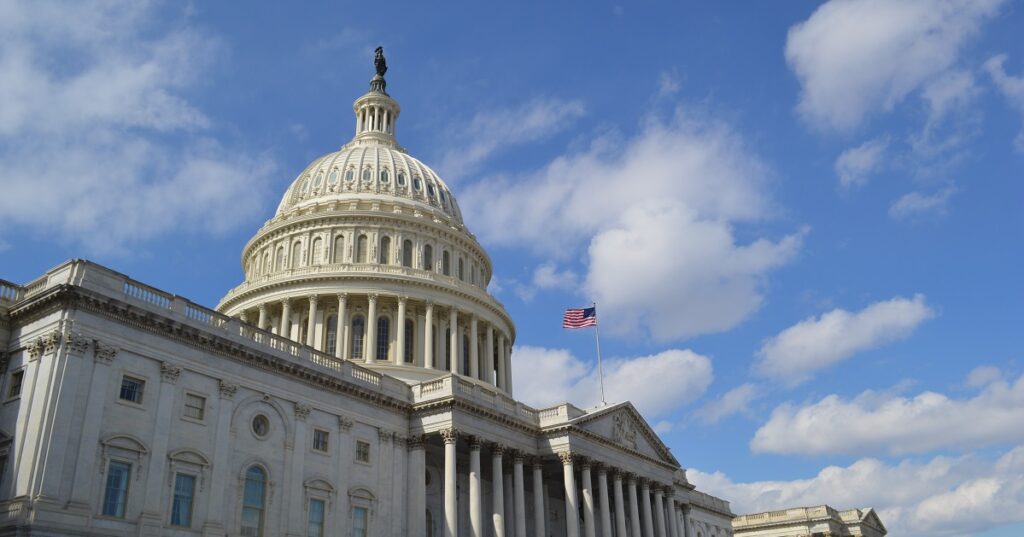
Several members of Congress addressed the America’s Credit Unions Congressional Caucus during its first two days in Washington, D.C., with more scheduled Wednesday.
Sen. Jon Tester, D-Mont., said he would continue to bring some “Montana common sense” to Congress when it comes to proper regulations of community financial institutions.
“The last thing folks like you need when you’re trying to serve your communities is more bureaucratic red tape, or a one-size-fits-all approach to rules that hamstring you as a local credit union,” he said. He added that he continues to “push back on these burdensome rules and regulations, whether it’s regulators making rules that don’t take into consideration the differences between megabanks and credit unions or the legislation on interchange being pushed by some of my colleagues.”
House Majority Whip Tom Emmer, R-Minn., said credit unions were the “backbone of Main Street America,” despite the regulatory hurdles they face, and he pledged to work to ensure federal regulations do not hamper service to members.
“As credit unions and their teams work to support Main Street, it’s crucial the federal government makes efforts to reduce the regulatory burdens you face,” he said.
Rep. Patrick McHenry, chair of the House Financial Services Committee, thanked credit unions for working with him during his 20 years in Congress and his most recent term as chair. McHenry, who is not seeking re-election, said engagement is critical to successful advocacy.
“It’s important for policymakers on the hill to hear from experts from their district, and I’ve benefitted from that. Carolinas Credit Unions have helped me enormously in understanding complex financial policy, and understanding the products the folks in my district use on an active basis, and the financial products they want to have more of from credit unions,” he said. “Without that information being brought to me as a policymaker, I wouldn’t have been as successful in moving policy forward as I have been, and I wouldn’t have been as good of a representative to my people.”
Rep. Bill Huizenga, R-Mich., who chairs the House Financial Services Subcommittee on Oversight and Investigations, expressed his opposition to the Big Box Interchange bill (as well as efforts to attach it to year-end legislation) and the bill to expand Electronic Funds Transfer Act liability to credit unions and other financial institutions.
He recommended credit unions make connections not only with members of Congress, but Congressional staffers, state legislators and their staffs.
“You’ve got to have that relationship built up so when an issue like interchange fees comes up, you’ve got that direct tie in, and that will help supplement boost the efforts of your association here in Washington, D.C.,” he said.
Rep. Juan Vargas, D-Calif., proudly told the audience, “I’ve never banked at a bank,” and that he’s had an account at his credit union for nearly 50 years. He shared how his mother took advantage of her credit union’s financial literacy efforts when he was younger, helping her to afford a house that sheltered her family of 10 children, and supported them in seeking 10 undergraduate and three post-graduate degrees.
“I try to help out credit unions because I believe in you, and I believe in your mission. I also thank you because you bring a lot of financial literacy for people like my mother,” he said.


